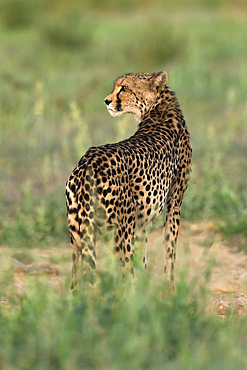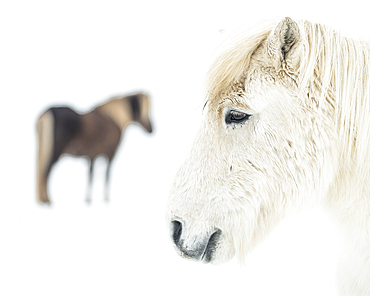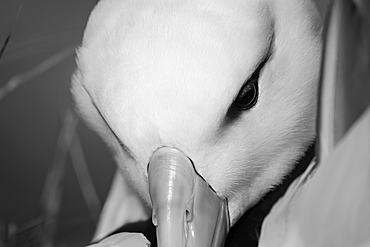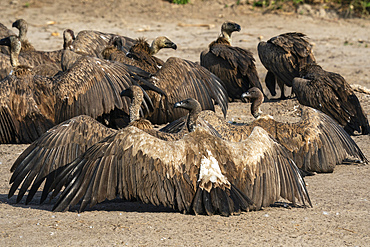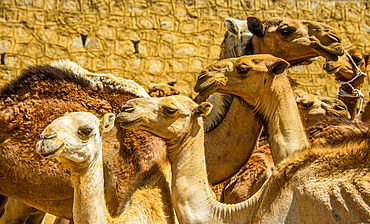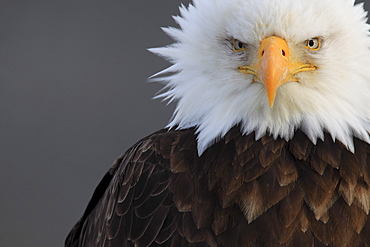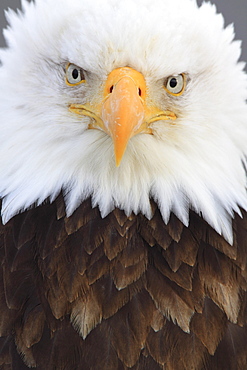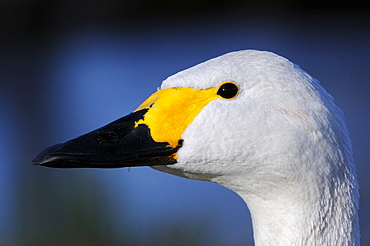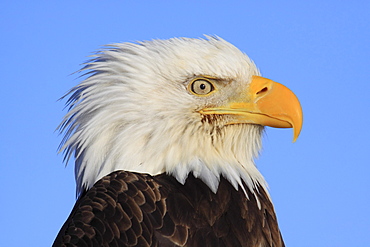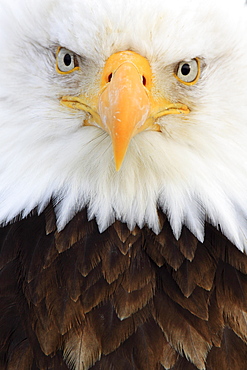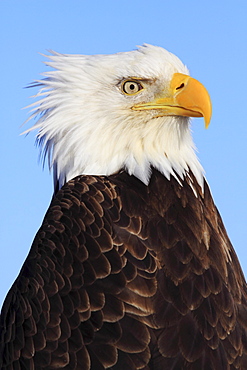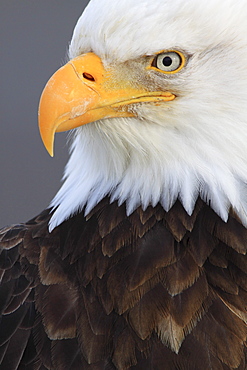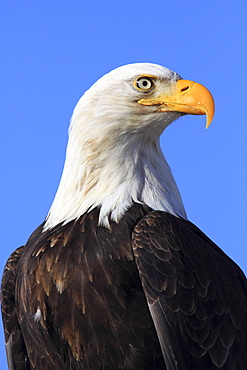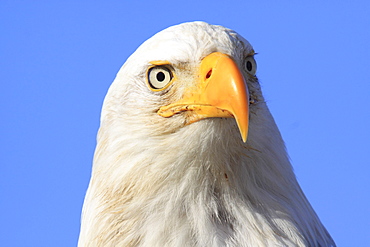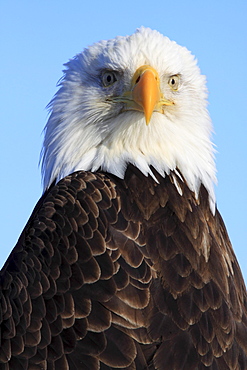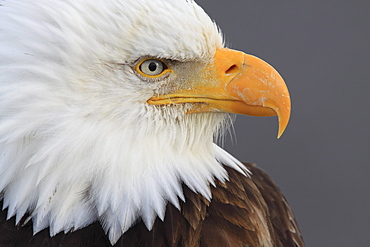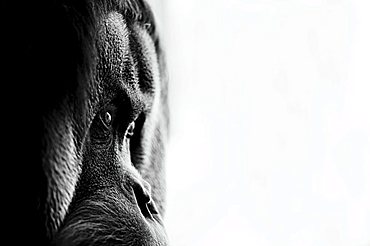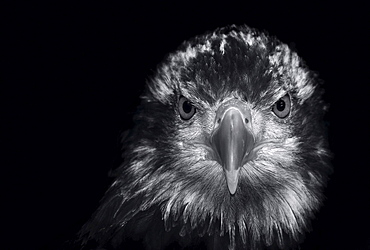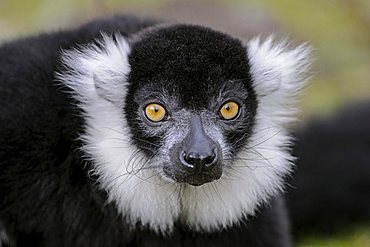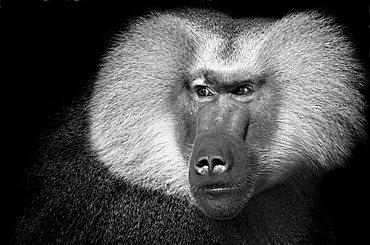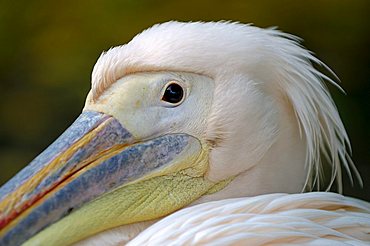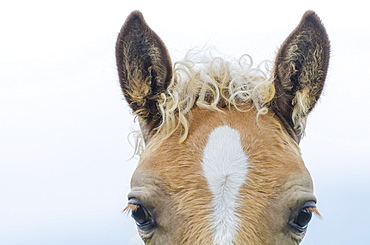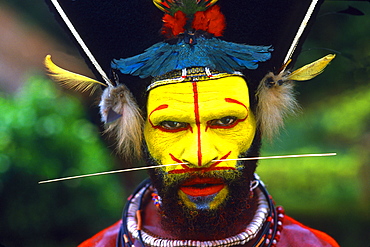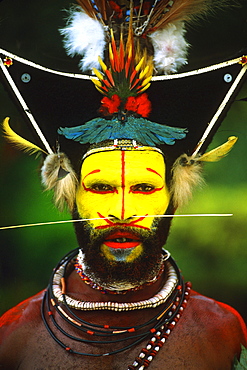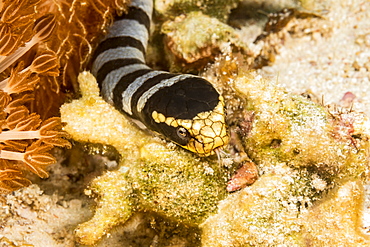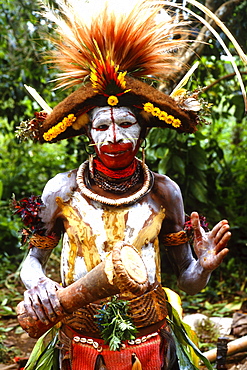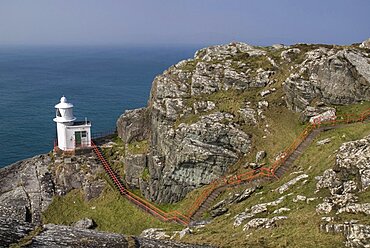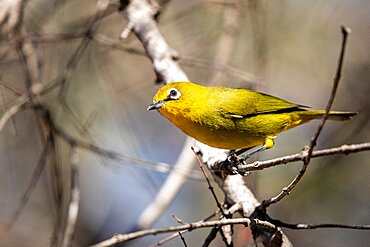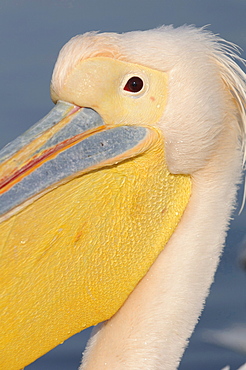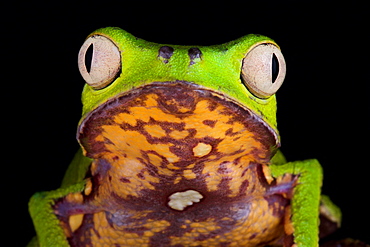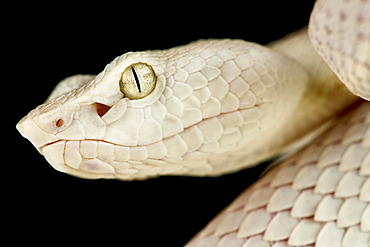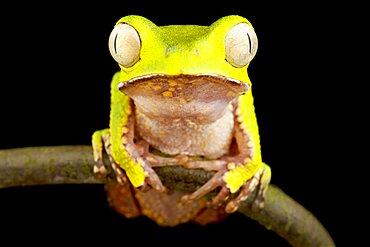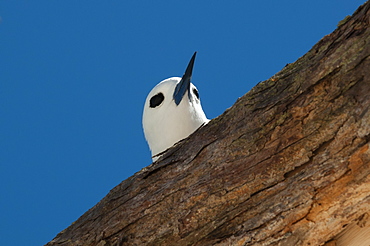Results
12 results found
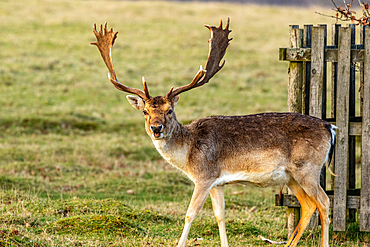
Fallow deer with impressive antlers standing by a wooden fence in a grassy field, United Kingdom, Europe
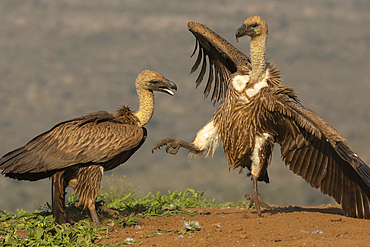
White-backed vultures (Gyps africanus) fighting, Zimanga private game reserve, KwaZulu-Natal, South Africa, Africa
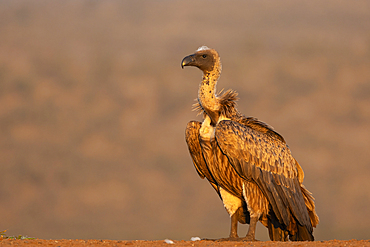
White-backed vulture (Gyps africanus), Zimanga private game reserve, KwaZulu-Natal, South Africa, Africa
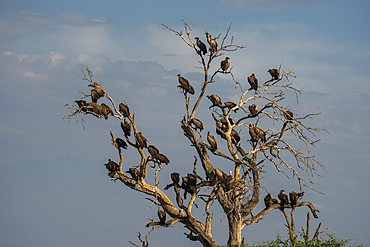
White-backed vultures (Gyps africanus) perching on a tree top, Savuti, Chobe National Park, Botswana, Africa
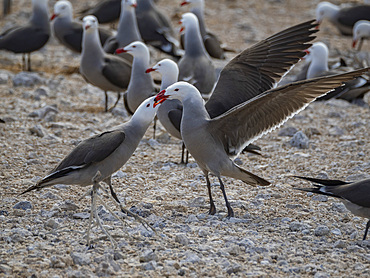
Heermann's gulls (Larus heermanni), quarreling at breeding colony on Isla Rasa, Baja California, Sea of Cortez, Mexico, North Anerica
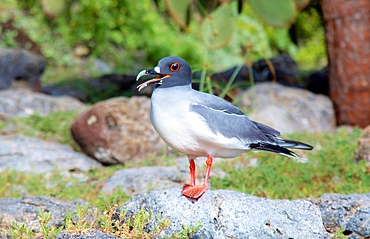
Adult Swallow-Tailed Gull, showing breeding season red rimmed eye, a nocturnal equatorial seabird, found almost exclusively in the Galapagos Islands, UNESCO World Heritage Site, Ecuador, South America
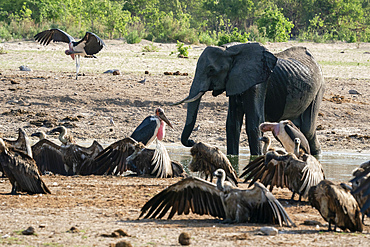
White-backed vultures (Gyps africanus) and a skinny African elephant (Loxodonta africana) at waterhole, Savuti, Chobe National Park, Botswana, Africa

Adult San Esteban spiny-tailed iguana (Ctenosaura conspicuosa), endemic to Isla San Esteban, Baja California, Mexico, North America
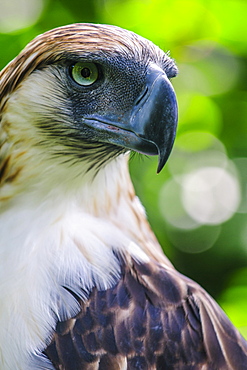
Philippine eagle (Pithecophaga jefferyi) (Monkey-eating eagle), Davao, Mindanao, Philippines, Southeast Asia, Asia
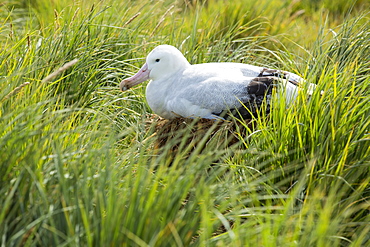
A Wandering Albatross; Diomedea exulans, the bird with the largest wing span on the planet, at around 11 feet 6 inches, nesting on Prion Island, South Georgia, Southern Ocean.
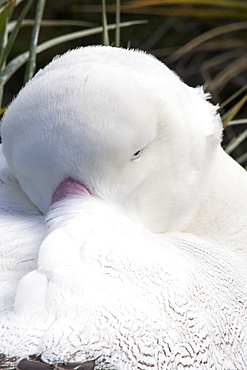
A Wandering Albatross; Diomedea exulans, the bird with the largest wing span on the planet, at around 11 feet 6 inches, nesting on Prion Island, South Georgia, Southern Ocean.
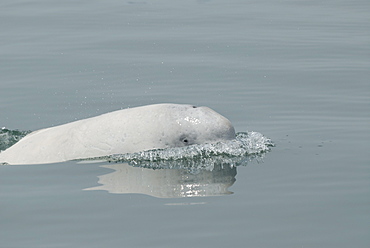
Juvenile Beluga whale (Delphinapterus leucas), an endangered and protected species, lifts its head to take a look at the research vessel. Beluga calves are dark in colour and turn white at seven to nine years of age. St. Lawrence estuary, Canada

California gray whale (Eschrichtius robustus) calf surfacing (note eye and mouthline) in the calm waters of Magdalena Bay, Baja California Sur, Mexico.

California gray whale (Eschrichtius robustus) calf surfacing (note eye and mouthline) in the calm waters of Magdalena Bay, Baja California Sur, Mexico.
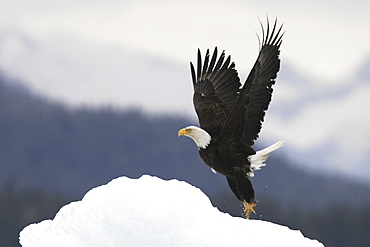
Adult American Bald Eagle (Haliaeetus leucocephalus) taking flight off iceberg calved from LeConte Glacier in Southeast Alaska, USA. Pacific Ocean.

Woman having an Ayurveda head massage, Wellness Hotel, Spa Area, Spa Hotel Seehotel Neuklostersee, Mecklenburg - Western Pomerania, Germany
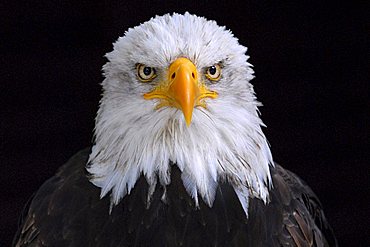
Bald Eagle (Haliaeetus leucocephalus, at Hellenthal Zoo, Hellenthal, North Rhine-Westphalia, Germany, Europe
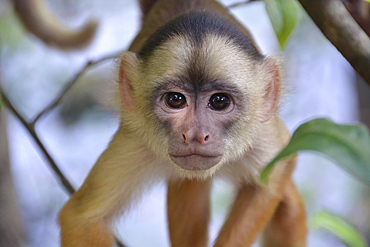
White-fronted Capuchin (Cebus albifrons), Mamiraua Sustainable Development Reserve, near Manaus, Amazonas State, Brazil, South America
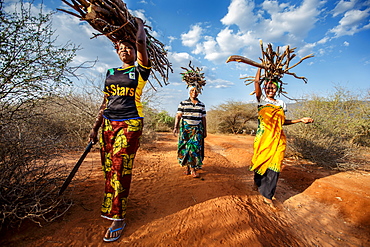
Zainabu Ramadhani, 19, (yellow and red patterned skirt) her mother Fatma Mziray, age 38, (blue head dress) and Fatmaâs sister-in-law Zaitun Hamad, 18, (orange wrap and white top) walk home after gathering firewood near Fatmaâs home in Mforo. Mforo is near Moshi, Tanzania. Fatma Mziray is a Solar Sister entrepreneur who sells both clean cookstoves and solar lanterns. Fatma heard about the cookstoves from a Solar Sister development associate and decided to try one out. The smoke from cooking on her traditional wood stove using firewood was causing her to have a lot of heath problems, her lungs congested her eyes stinging and her doctor told her that she had to stop cooking that way. Some days she felt so bad she couldn't go in to cook. Fatma said, âCooking for a family, preparing breakfast, lunch and dinner I used to gather a large load of wood every day to use. Now with the new cook stove the same load of wood can last up to three weeks of cooking. âWith the extra time I can develop my business. I also have more time for the family. I can monitor my childrenâs studies. All of this makes for a happier family and a better relationship with my husband. Since using the clean cookstove no one has been sick or gone to the hospital due to flu.â Fatma sees herself helping her community because she no longer sees the people that she has sold cookstoves have red eyes, coughing or sick like they used to be. She has been able to help with the school fees for her children, purchase items for the home and a cow. âWhat makes me wake up early every morning and take my cookstoves and go to my business is to be able to take my family to school as well as to get food and other family needs.â
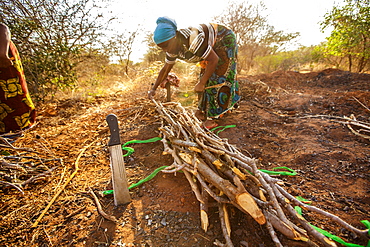
Zainabu Ramadhani, 19, (yellow and red patterned skirt) her mother Fatma Mziray, age 38, (blue head dress) and Fatmaâs sister-in-law Zaitun Hamad, 18, (orange wrap and white top) walk home after gathering firewood near Fatmaâs home in Mforo. Mforo is near Moshi, Tanzania. Fatma Mziray is a Solar Sister entrepreneur who sells both clean cookstoves and solar lanterns. Fatma heard about the cookstoves from a Solar Sister development associate and decided to try one out. The smoke from cooking on her traditional wood stove using firewood was causing her to have a lot of heath problems, her lungs congested her eyes stinging and her doctor told her that she had to stop cooking that way. Some days she felt so bad she couldn't go in to cook. Fatma said, âCooking for a family, preparing breakfast, lunch and dinner I used to gather a large load of wood every day to use. Now with the new cook stove the same load of wood can last up to three weeks of cooking. âWith the extra time I can develop my business. I also have more time for the family. I can monitor my childrenâs studies. All of this makes for a happier family and a better relationship with my husband. Since using the clean cookstove no one has been sick or gone to the hospital due to flu.â Fatma sees herself helping her community because she no longer sees the people that she has sold cookstoves have red eyes, coughing or sick like they used to be. She has been able to help with the school fees for her children, purchase items for the home and a cow. âWhat makes me wake up early every morning and take my cookstoves and go to my business is to be able to take my family to school as well as to get food and other family needs.â

Zainabu Ramadhani, 19, (yellow and red patterned skirt) her mother Fatma Mziray, age 38, (blue head dress) and Fatmaâs sister-in-law Zaitun Hamad, 18, (orange wrap and white top) walk home after gathering firewood near Fatmaâs home in Mforo. Mforo is near Moshi, Tanzania. Fatma Mziray is a Solar Sister entrepreneur who sells both clean cookstoves and solar lanterns. Fatma heard about the cookstoves from a Solar Sister development associate and decided to try one out. The smoke from cooking on her traditional wood stove using firewood was causing her to have a lot of heath problems, her lungs congested her eyes stinging and her doctor told her that she had to stop cooking that way. Some days she felt so bad she couldn't go in to cook. Fatma said, âCooking for a family, preparing breakfast, lunch and dinner I used to gather a large load of wood every day to use. Now with the new cook stove the same load of wood can last up to three weeks of cooking. âWith the extra time I can develop my business. I also have more time for the family. I can monitor my childrenâs studies. All of this makes for a happier family and a better relationship with my husband. Since using the clean cookstove no one has been sick or gone to the hospital due to flu.â Fatma sees herself helping her community because she no longer sees the people that she has sold cookstoves have red eyes, coughing or sick like they used to be. She has been able to help with the school fees for her children, purchase items for the home and a cow. âWhat makes me wake up early every morning and take my cookstoves and go to my business is to be able to take my family to school as well as to get food and other family needs.â
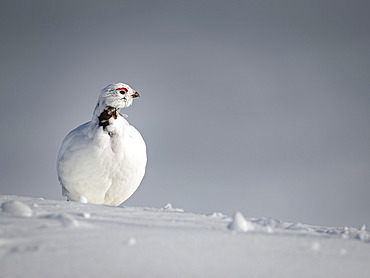
Close-up portrait of a male willow ptarmigan (Lagopus lagopus) showing early breeding colors in its neck and eye combs, surveying its high-country territory in Southcentral Alaska's Chugach Mountains on an April day. The head and neck will become completely chocolate-brown as the bird's breeding colors develop, Alaska, United States of America
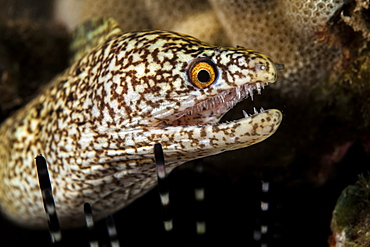
Close-up of a Stout moray eel (Muraena robusta) with sharp teeth, Wailea, Maui, Hawaii, United States of America
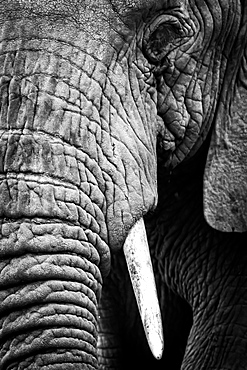
An African elephant (Loxodonta africana) stares at the camera, showing its wrinkled skin, long trunk and left eye and tusk, Ngorongoro Crater, Tanzania

A Bengal tigress (Panthera tigris tigris) with a catchlight in her eye lies up to her neck in the dark shadows of a water hole. Her name is Maya 'The Enchantress', and she has orange and black stripes with white patches on her head. Shot with a Nikon D810 in Tadoba Andhari Tiger Reserve in India; Chandrapur, Maharashtra, India
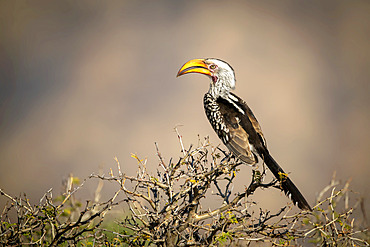
Portrait of a southern yellow-billed hornbill (Tockus leucomelas) perching in profile on a bush. It has mottled black and brown feathers, a white head and a yellow beak, taken at the Gabus Game Ranch; Otavi, Otjozondjupa, Namibia
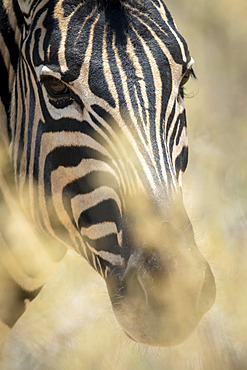
Close-up portrait of a plains zebra (Equus quagga - formerly Equus burchellii) eyeing the camera through the bushes in the Etosha National Park; Otavi, Oshikoto, Namibia
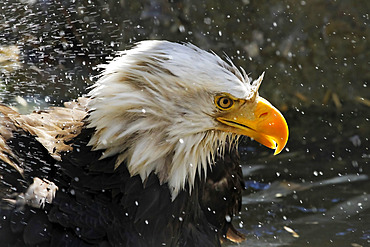
Bald eagle (Haliaeetus leucocephalus) with splashes of water; Denver, Colorado, United States of America
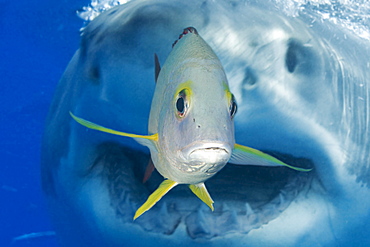
Mexico, Guadalupe Island, Great White Shark (Carcharodon carcharias) with digital composite of a Snapper (Lutjanus Kasmira) ready to be eaten.
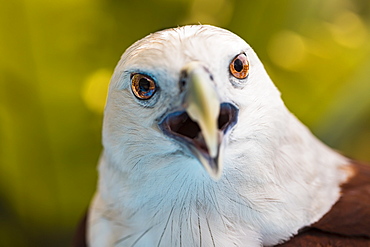
The Brahminy Kite (Haliastur indus), also known as a red backed sea eagle, are scavengers rather than hunters. They feed on carrion, insects, reptiles, amphibians, crustaceans and fish, Philippines
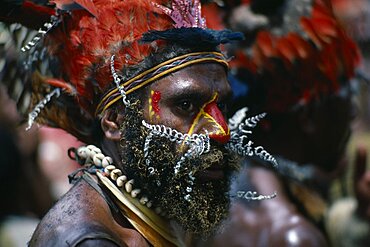
PAPUA NEW GUINEA Chimbu Head and shoulders portrait of man wearing traditional head-dress of red feathers with shell necklaces and nose piercing of white painted leaves. Red and yellow face paint extending down nose and at side of eyes and beard tipped with yellow.
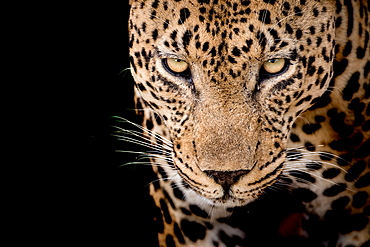
Head of a male leopard, Panthera pardus, front view of yellow-green eyes, white whiskers and rosette skin marking, black background, Londolozi Game Reserve, Sabi Sands, Greater Kruger National Park, South Africa
